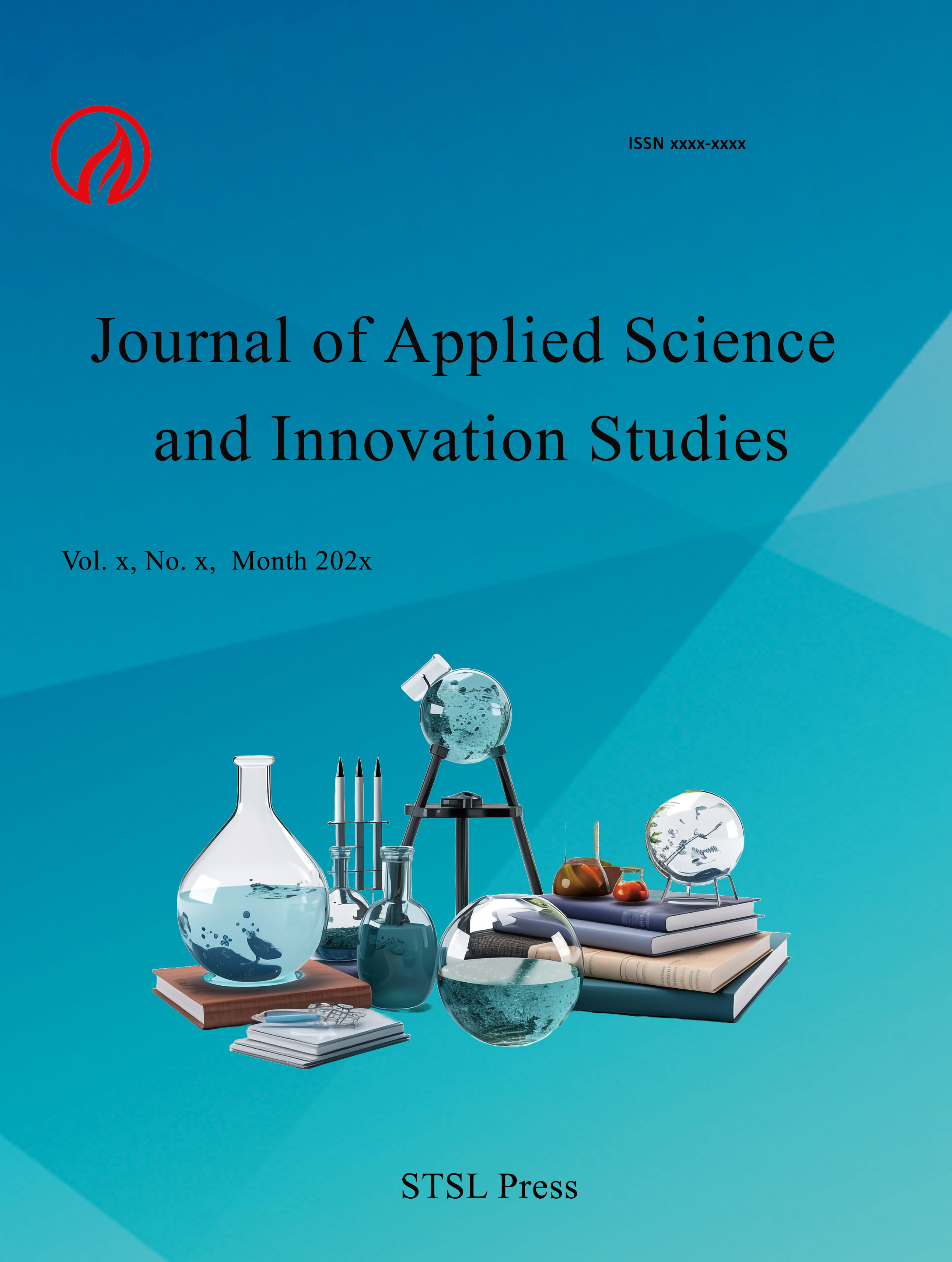Enhancing the Effectiveness of Feedback in Mathematics Teaching through Strategic Approaches
Dr. Zhanna Dedovets
Prof. Mikhail Rodionov
Abstract
This article presents a methodological approach for updating feedback in school mathematics instruction. An analysis of psychological, pedagogical, and methodological sources reveals challenges related to insufficient attention given to the procedural and epistemological aspects of mathematical education. To address these challenges, Ramaprasad’s feedback model can be applied to define a student's position within the subject content axis. If the gap between the student’s current status and the established standards is addressed during feedback updates, it becomes possible to assess and correct the student’s cognitive and identification gaps. Criteria-based diagnostic tasks are proposed as a means to update feedback, supplementing traditional methods of diagnosing student performance in mathematics. These tasks focus on evaluating reasoning accuracy, comprehension of educational texts, and the mental processes involved in problem-solving. Such tasks advance feedback updating in the contextual, procedural, and conceptual domains. The article reviews various task types and outlines the criteria for their implementation. These tasks should be designed according to the specific characteristics of the mathematical content, the learning stage, and the student’s achievement level. The latter should align with one of the developmental zones: the zone of achieved development, the zone of proximal development, or the zone of current development. The goal of this article is to explore the didactic aspects of implementing feedback within the framework of Ramaprasad’s concept, and to develop methodological tools to enhance its effectiveness in the procedural diagnosis of students' educational and problem-solving activities in mathematics.
Paper:
pdf
DOI:
https://doi.org/10.71002/jasis.v2n2p1
 This work is licensed under a
Creative Commons Attribution 4.0 License.
This work is licensed under a
Creative Commons Attribution 4.0 License.
Contact us
- Sarah Bulseco
- jasis@stslpress.org
